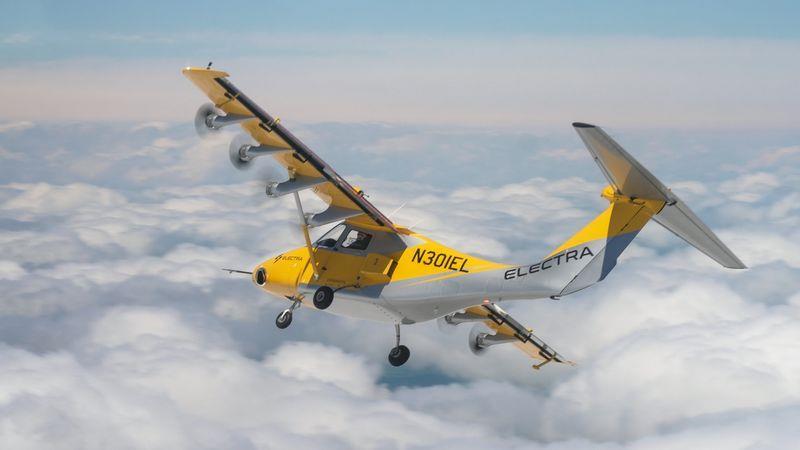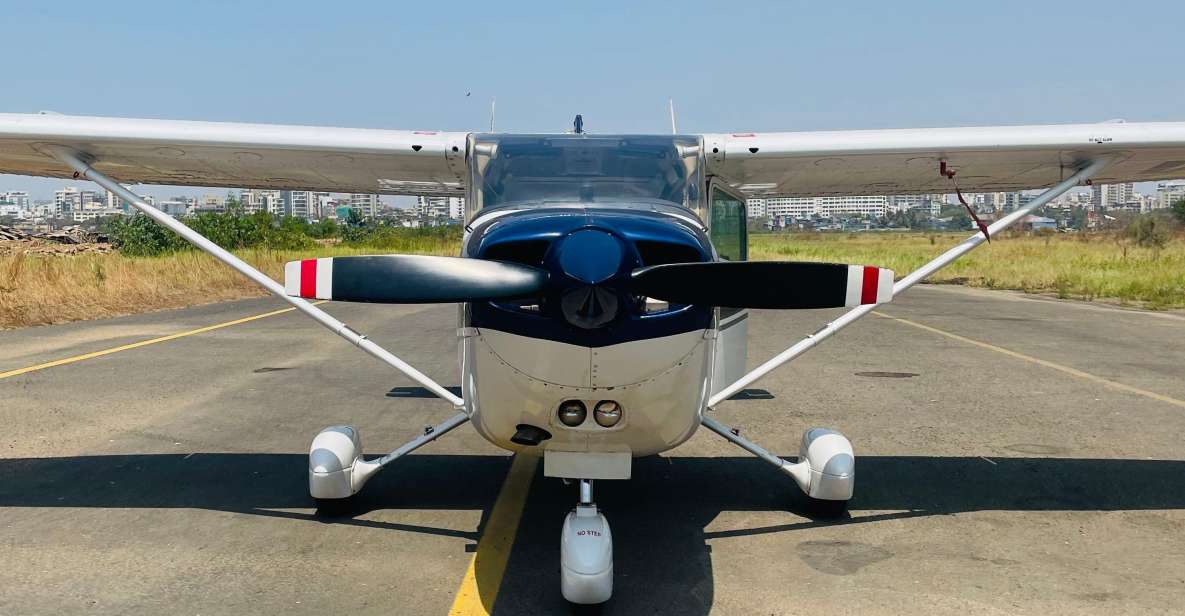Exploring Future Trends in Aviation with Cessna Planes
The aviation industry is on the cusp of a transformative era, driven by technological advancements and changing consumer demands. Among the leading players charting new territories in this dynamic field is Cessna, a name synonymous with innovation in aviation. This article delves into the future trends likely to reshape the skies and explores how Cessna is poised to influence these developments.
Charting the Next Era of Aviation Innovation

The aviation sector is witnessing rapid technological changes that promise to revolutionize how we perceive air travel. The integration of artificial intelligence (AI) and machine learning is at the forefront of these advancements, offering enhanced automation and predictive maintenance capabilities. AI-driven systems are now enabling aircraft to diagnose and address mechanical issues before they occur, minimizing downtime and enhancing safety. This shift not only improves operational efficiency but also contributes to a seamless passenger experience, setting a new standard in air travel.
Sustainability has emerged as a crucial factor steering the future of aviation. With increasing regulatory pressure and consumer awareness about environmental issues, the industry is moving towards more eco-friendly alternatives. Electric and hybrid propulsion systems are gaining traction, promising to drastically reduce carbon emissions and noise pollution. These technologies are being developed alongside sustainable aviation fuels (SAFs), which offer a greener alternative to traditional jet fuels. Together, these innovations are paving the way for a more sustainable aviation ecosystem.
The rise of urban air mobility (UAM) also represents a significant trend in the aviation landscape. This concept, involving the use of electric vertical takeoff and landing (eVTOL) aircraft, aims to ease urban congestion and provide faster, more efficient travel options within cities. By integrating UAM into existing transport infrastructures, cities could benefit from reduced traffic congestion and improved connectivity, revolutionizing urban landscapes. As the technology matures, UAM could become a cornerstone of future aviation, offering a glimpse into a new era of urban transportation.
Cessna’s Role in Shaping Future Flight Trends

Cessna, a stalwart in the aviation industry, has consistently been at the forefront of embracing and implementing cutting-edge technologies. Known for its reliable and versatile aircraft, Cessna is actively exploring the integration of AI and advanced avionics to enhance flight safety and efficiency. By investing in research and development, Cessna aims to leverage AI to optimize flight routes, improve fuel efficiency, and reduce pilot workload, aligning with the broader industry shift towards smarter, more autonomous flight systems.
In the realm of sustainability, Cessna is committed to pioneering solutions that align with the aviation industry’s environmental goals. The company is exploring the development of electric and hybrid aircraft, demonstrating its commitment to reducing the carbon footprint of air travel. Collaborations with energy companies and research institutions have positioned Cessna at the forefront of sustainable aviation initiatives, as it works to incorporate green technologies into its aircraft lineup and contribute to a more sustainable future.
Cessna is also contributing to the burgeoning field of urban air mobility. The company is actively researching and developing eVTOL aircraft, with the aim of providing efficient urban transport solutions. Cessna’s expertise in aircraft design and manufacturing, combined with its innovative approach to new technologies, positions it as a key player in the UAM sector. By advancing UAM technologies, Cessna is helping to shape the future of aviation, ensuring that it remains an industry leader in the evolving landscape of air travel.
As the aviation industry continues to evolve, the importance of innovation, sustainability, and urban mobility cannot be overstated. Cessna’s proactive approach in embracing these trends underscores its commitment to staying at the cutting edge of aviation technology. By leading the charge in AI integration, sustainability practices, and urban air mobility, Cessna is not only influencing the current state of aviation but also charting a course for its future. As these trends unfold, Cessna will undoubtedly remain a pivotal force in shaping the skies of tomorrow.



